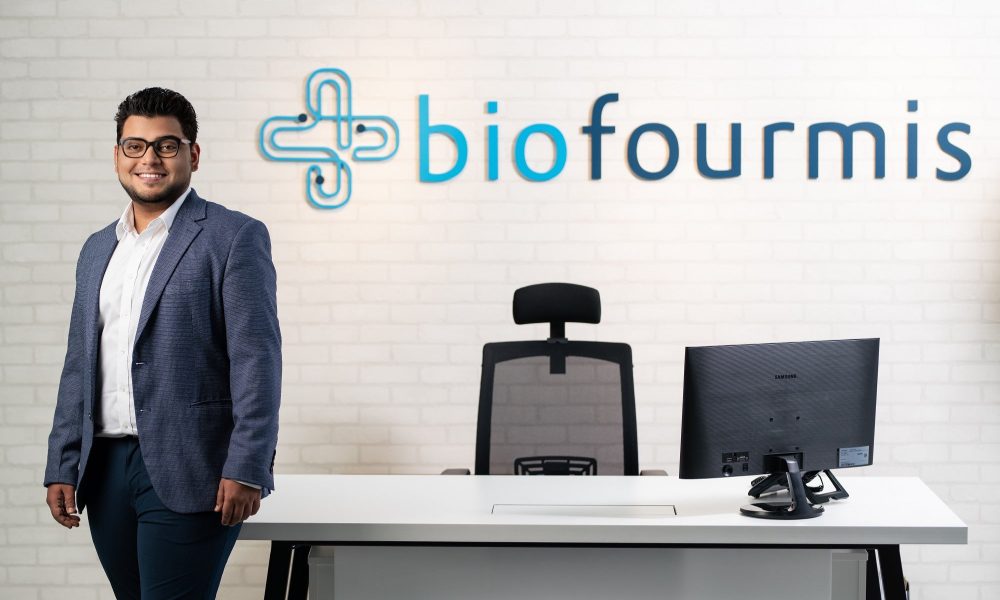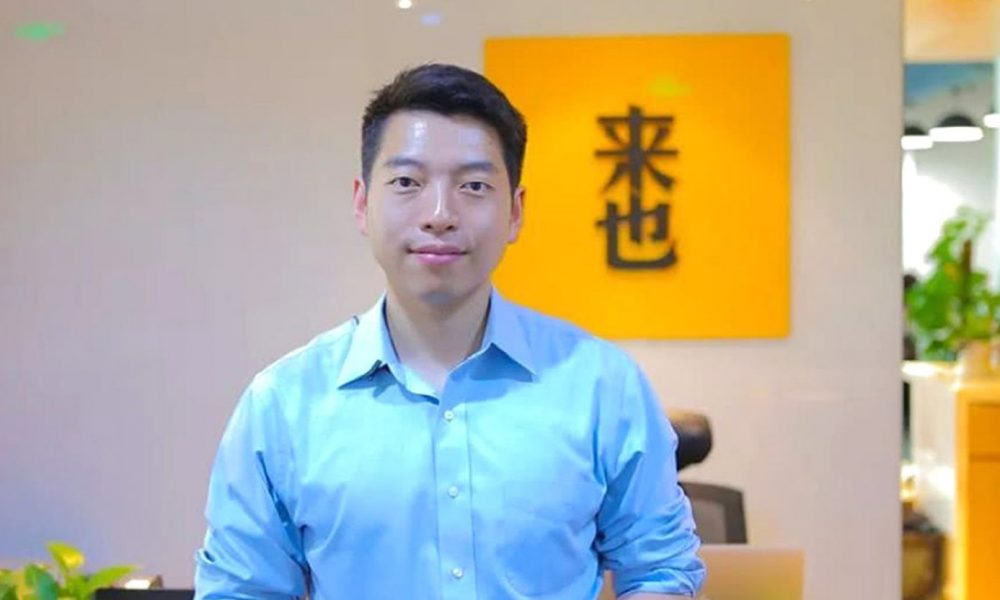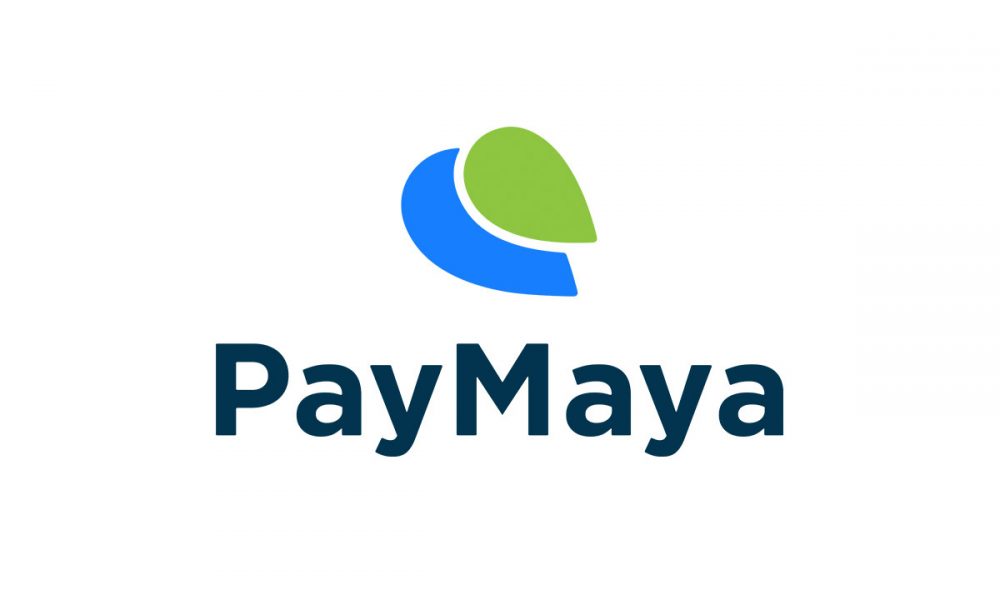Author: Sheldon
Indian instant grocery startup nears unicorns status after raising $200-million
In the latest funding round led by Y Combinator, an instant grocery startup – Zepto has raised $200-million in a Series D fundraise, which takes its valuation to around $900-million just shy of a unicorn status within nine months of operations.
The funding round was participated by new investors by the likes of Kaiser Permanente and existing investors such as Nexus Venture Partners, Glade Brook Capital, and Lachy Groom, increasing their investments in the startup.
Childhood friends Aadit Palicha and Kaivalya Vohra, who dropped out of Standford University’s computer science program at 19 to become e-commerce entrepreneurs in India, started Zepto.
The startup, which offers a 10-minute grocery delivery service, operates in 11 cities across Inda with hundreds of thousands of orders each day. With the new funding round, the startup will be looking to expand its 10-minutes delivery service to more cities in India and grow its network.
Zepto faces competition from players such as Dunzo, Swiggy, Zomato, Amazon, and Flipkart, which are also putting their stakes on the country’s rapidly growing online grocery market. Zepto co-founder and CEO Aadit Palicha said that “The way we do that (10-minute deliveries) is through a network of highly optimized delivery centers. We have scaled to millions of customers across the country. Today, we’re doing hundreds of thousands of orders a day. We have achieved a scale that took food delivery players years to achieve, and we did that in a few months. The business continues to grow at a very fast pace.”
Additionally, Palicha defended Zepto’s practices which have previously raised concerns due to drivers resorting to speeding to meet delivery deadlines for fear of being rebuked by store managers. Palicha said that drivers travel only short distances of 1.8 kilometers to deliver orders and don’t rush.
He also said that Zepto’s revenue had grown 800% quarter-on-quarter, and it has slashed its cash burn by five times on a per-order basis.
Zepto is also carving out a new category within their firm termed ‘Zepto Café,’ which early customers receive pretty well. The new category pilots a service to deliver Coffee, Chai, and other Café items in 10 minutes across select areas in Mumbai.
Singapore-founded Biofourmis raised a whopping $300 million in Series D funding to earn a unicorn status
Biofourmis, a startup developing digital therapeutics and artificial intelligence to remotely monitor patients conducted a Series D funding round led by General Atlantic which raised $300-million to bring its valuation to $1.3-billion.
The funding round which was participated by existing investors as well as New York-listed CVS Health Corporation brings the total raised funds for the startup to $445-million after it raised $100-million in a Series C round led by SoftBank Vision Fund 2 in 2020. From the time of the Series C to the present funding round, the company has grown from 150 employees to 500 employees.
Originally based in Singapore, the company moved its headquarters to the United States in 2019. The company’s Co-founder and CEO Kuldeep Singh Rajput said the company turned offers of a higher valuation in favor of U.S.-based investors “who understand this market extremely well” and “understand the payor landscape and value-based care,” which are key to future growth.
The company’s core business is using artificial intelligence to monitor patients and predict disease, which includes hardware sensors paired with software that continually analyzes biomarkers, like heart rate, temperature, and respiration rate.
The company also develops and delivers digital therapeutics, which allow the personalization of the treatment to meet specific patient needs. The company also plans to fund clinical trials to advance the development of digital therapies that work in conjunction with high-value drugs.
The company’s competitor in the virtual at-home care space, Athelas become a unicorn in February this year after raising $132-million across two funding rounds backed by Sequoia Capital and Y Combinator.
Chinese work automation startup, Laiye bags US$160-million funding as the company nears unicorn status
Chinese intelligent automation solutions developer, Laiye has recently announced that they picked up US$160-million from a Series C funding round to expand overseas.
The Beijing-based company’s financing came in three tranches, with the latest tranche bringing it US$70-million, an oversubscribed round led by Chinese private equity firm Hopu Magnolia. The funding round was also co-led by the likes of VMS Group from Hong Kong and private equity company Youshan Capital with participation from existing shareholders such as Lightspeed Partners.
Laiye looks to use the new capital to speed up expansions in Asia-Pacific, the Americas, Europe, the Middle East, and Africa. The startup believes that these regions have the most significant growth opportunity to offer one-stop solutions that automate office tasks of varying degrees of complexity.
The startup has wasted no time in realizing its expansion plans as it picked Paris as its springboard for entering the rest of Europe. This saw Laiye announce the acquisition of Paris-based chatbot service provider Mindsay for an undisclosed amount and transaction type concurrent with the fundraising announcement.
Chairman and CEO of Laiye, Wang Guanchun, stated that “Laiye has made great strides in expanding its success in China to the Asia Pacific, the Americas, and EMEA. We envision a future where all organizations and people are transformed, emboldened, and made better by the power of intelligent automation.”
He also added that “This new round of funding will continue to fuel our relentless product innovation and triple-digit year-over-year revenue growth in the years to come.”
Laiye was founded in 2015, and it currently delivers end-to-end intelligent automation solutions to corporate clients across a wide range of industries like insurance, communications, electric power, finance, retail, and healthcare. It hosts an array of domestic clients such as state-owned grid operator China Southern Power Grid, oil & gas firm PetroChina, commercial banks Bank of China and China Construction Bank, and telecom companies such as China Unicorn, China Mobile, and China Telecom.
The startup also boasts foreign clients, including German auto manufacturer Porche, French luxury group LVMH, pharmaceutical companies AstraZeneca, Johnson & Johnson Medical, and Roche Pharmaceuticals.
Laiye’s team consists of more than 600 employees in China while surpassing 100 employees outside of China, including 30 newly added employees from Mindsay. The startup’s overseas revenue is expected to account for more than half by 2025.
CoinDCX, an Indian-based crypto exchange, has a valuation of US$2.1-billion after raising US$135-milion
In a Series D funding round, Indian-based crypto exchange CoinDCX saw its valuation double as it raised a total of US$135.9-million, which was led by Pantera and Steadview Capital which was participated by the likes of Facebook founder Eduardo Saverin’s B Capital. The Series D funding also saw Coinbase Ventures, DraperDragon, Republic Capital, and Kindred Ventures participation.
The Indian cryptocurrency exchange looks to ride on the popularity of the crypto and Web3 industries in India, making it the most valued crypto company in India, surpassing CoinSwitch Kuber.
At the back of the Series D funding, the company is looking to expand its product offering aggressively and talent base, including some to double down on compliances in the World’s second-largest internet market. This would see a ramp-up in the startup’s workforce from currently employing about 400 people to 1,000 by the end of the year.
Last year, the startup was the first Indian crypto firm to attain a unicorn status. The company also claims that it has amassed over 10 million users, with users being allowed to buy various tokens for as low as US$1.3 (100 Indian rupees. Additionally, CoinDCX also provides margin trading and the option to stake digital assets.
However, it has not all been smooth sailing for CoinDCX as crypto exchanges face newly introduced taxation rules that would tax 30% on the income and include a 1% tax deduction at the source for each trading.
This has significantly impacted all crypto exchange’s trading volumes in the country that saw its peers, like WazirX and CoinSwitch Kuber having their volumes plummet to new lows this month due to restricted access to modes of depositing money for users.
The startup has also partnered with crypto-native trade surveillance and market integrity players such as Soludys Labs and Coinfirm to strengthen its anti-money laundering protection and provide precise and holistic detection and reporting of suspicious activity. These partnerships would see CoinDCX improve compliance with the Financial Action Task Force’s (FATF) recommendations.
Voyager Innovations, the owner of PayMaya, raises US$210-million for the expansion of PayMaya at a valuation of US$1.4-billion
Voyager Innovations, a Philippine-based company behind the end-to-end money platform PayMaya and neobank Maya Bank, announced today that it had raised US$120 million in funding, which has helped the company secure a unicorn status with valuations of US$1.4-billion.
The funding round was led by SIG Venture Capital and included new investors such as EDBI and First Pacific Company. The round was also participated by existing shareholders such as telco company PLDT, global investment firm KKR, Tencent, International Finance Corporation (IFC), IFC Emerging Asia, and IFC Financial Institutions Growth Fund.
According to the company, they will allocate the funds to launch Maya Bank services, including savings and credit products, through PayMaya, which has over 47-million registered users and is one of the most popular financial apps in the Philippines, along with Gcash and Coins. The company was also one of the six to secure Virtual Asset Services Provider (VASP) from the BSP in September 2021 and commenced pilot testing in March.
PayMaya has also rolled out a cryptocurrency feature in its mobile app, allowing users to buy and trade digital currencies such as Bitcoin and Ethereum, making cryptocurrencies more accessible to the public.
Together with their cryptocurrency feature, the company also plans to introduce micro-investments and insurance products to PayMaya, including online remittances, bill payments, digital wallets, bank transfers, prepaid cards, and an e-commerce feature PayMaya Mall.
“Our strong record of execution and innovation is a testament to our world-class team’s hard work and talent. With this milestone, we are excited to leap forward and bring the best of PayMaya and Maya Bank to help unlock the digital economy for the underserved and unbanked Filipinos.” as said in a press statement by Orlando B. Vea, the CEO-Founder of Voyager and PayMaya.
The company claims to have enabled over 630,000 online and face-to-face touchpoints to accept digital payments from e-wallets and QR to any credit, debit, and prepaid card.





